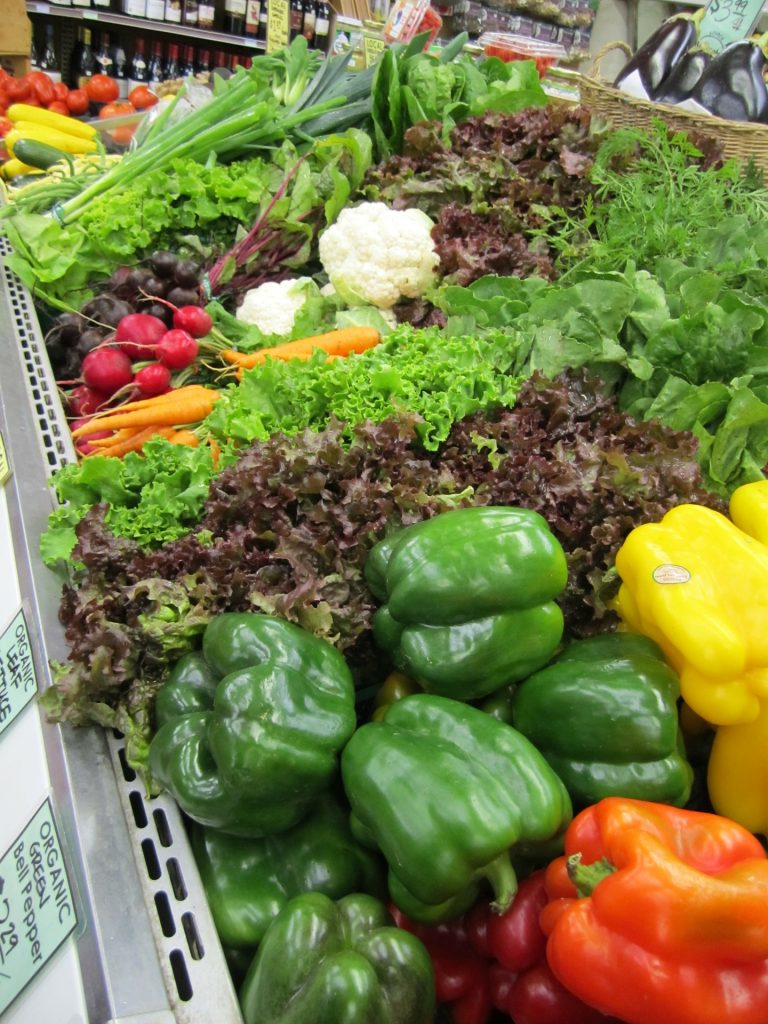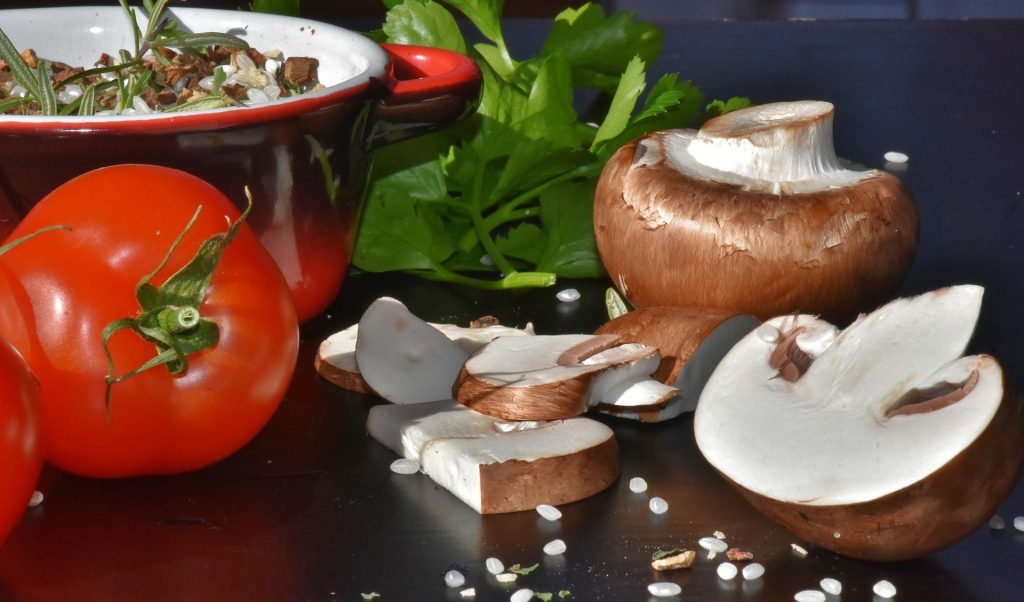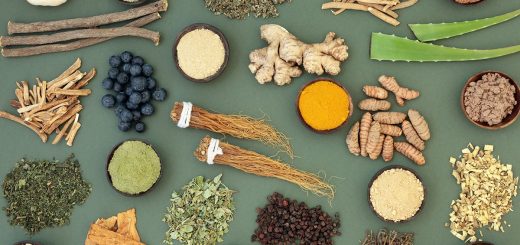Foods That Can Boost Your Family’s Immunity & Well Being
Nowadays, there are numerous guides and training available to help us strengthen our immunity. Improving our immunity entails consuming the right foods, exercising regularly and getting adequate sleep. When the immune system encounters a pathogen, an immune response is triggered, and antibodies are released. Proper nutrition is therefore essential for a healthy functioning immune system, offering protection from seasonal flu and other health issues such as arthritis, abnormal cell development, cancers, and allergies.
Below are the immune system boosting foods that you can include when planning meals for your family and yourself.
Vegetables
Green leafy vegetables are essential for a growing child. Greens are immunity-boosting foods that contain essential antioxidants and help in DNA repair and to build the immune system in kids. For instance, spinach and fenugreek are rich sources of iron, folic acid, zinc, and vitamins. You can prepare veggies for your child in various forms, from raw to baked to boiled or stir-fried.
Proteinaceous foods
To build immunity, give them macronutrients like proteins such as milk, eggs, and meat. Make them eat eggs in boiled, poached, scrambled, or in omelet form. Fish and chicken meat also contain high amounts of zinc and essential minerals that lead to increased white blood cells to fight infection. Vegetarians can opt for pulses, which are protein powerhouses.
Yogurt
These are delicious power foods that are full of probiotics and help to fight off harmful bacteria in the stomach. Thus, it is a great immune booster for everyone. There is very little difference between curd and yogurt, aside from the strain of bacteria used to ferment the milk, so if you are not a fan of plain curd, feel free to indulge in your favorite flavors.
Garlic
Garlic possesses antibacterial and antiviral properties. It also encourages the production of white blood cells within the body and is also an antioxidant. Garlic helps prevent cold and flu symptoms.
Oats and barley
Whole grains are healthy options. Rich in beta-glucan, whole grains is a type of fiber that contains antimicrobial and antioxidant properties. The fiber also helps in cleaning the intestines and keeping constipation at bay.
Carrots and sweet potatoes
An excellent source of beta carotene comes from carrots and sweet potatoes. Beta carotene supports the body’s mucous membrane that lines the respiratory and intestinal ways, making it harder for bacteria to get into the bloodstream and cause diseases. Include carrots in your family’s diet.
Mushrooms
Mushrooms are an excellent source of zinc, known to boost the immune system, helping in the production of white blood cells (essential in fighting infections and improve immunity in human beings). Hence, zinc helps in fighting the common cold, flu, and other infections. You can try mushroom-peas in gravy, a mushroom sandwich, adding mushrooms to soups, salads, rice dishes, and mix-vegetables.
Nuts
Nuts should be considered instead of a snack if you want to offer your child a handful of something to munch in between meals. Nuts are rich in proteins, vitamins, and minerals, and they are also rich in antioxidants such as omega fatty acids, zinc, and vitamin E. Make sure your kids try all the nuts. You may add dry fruits when garnishing home-cooked sweets, chocolates, or cereal bars. For instance, a half-cup of almonds serving provides a hundred percent of the recommended daily amount of vitamin E.
Fruits
Convince kids to eat at least one portion of a fruit every day. Do not limit your fruit shopping to apples, bananas, and pears. Oranges and kiwifruits are excellent sources of vitamin C, which we all turn to when we catch a cold. Add berries, melons, pomegranate, peaches, and more. Fruits possess antioxidants, roughage, and many hidden benefits.
Sunflower seeds
Packed with magnesium, phosphorus and vitamin B-6, sunflower seeds are also incredibly rich in vitamin E. The latter regulates and maintain the immune system. Other foods rich in vitamin E include dark leafy greens and avocados.
Tea
Both green and black teas contain many flavonoids (antioxidants), but green tea contains an additional amino acid (L-theanine), which helps in the production of specific white blood cells.
Oily fish
Pilchards, salmon, and tuna are readily available, be it fresh, smoked, or canned. Those oily fish are an excellent source of omega-3 fatty acids that boost the immune system.
Chocolate
Good news for chocolate lovers, Cocoa is great at boosting our immune system as it is concentrated in antioxidant. As long as the sugar and fat is kept to a minimum, consumption of unsweetened cocoa/ cocoa powder is recommended on a daily basis. Kids can enjoy the benefits of Cocoa in the form of hot chocolate made with Cocoa, low-fat milk, and a bit of raw sugar.
We should bear in mind that along with a proper diet, there are lifestyle factors that impact one’s immune system. A few good habits to adopt are as follows:
- avoid smoking
- maintain a healthy weight
- get enough sleep
- minimize stress
- avoid excessive alcohol intake
- Wash your hands thoroughly before and after each meal, and maintain proper corporal hygiene.
If certain food fruits and veggies aren’t available as fresh produce, you can still resort to their plain (without added sodium or sugars) frozen options. Frozen fruits and veggies are still as nutritious as their fresh counterparts.






